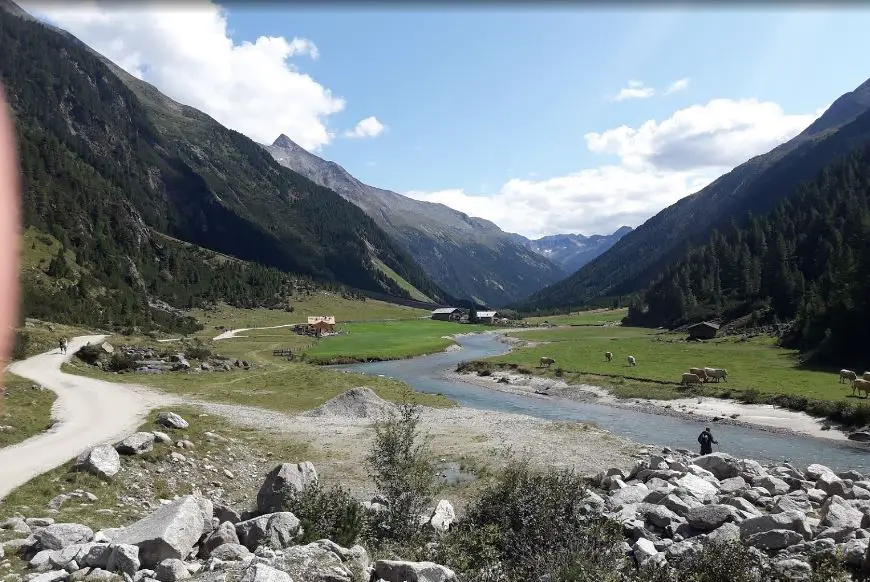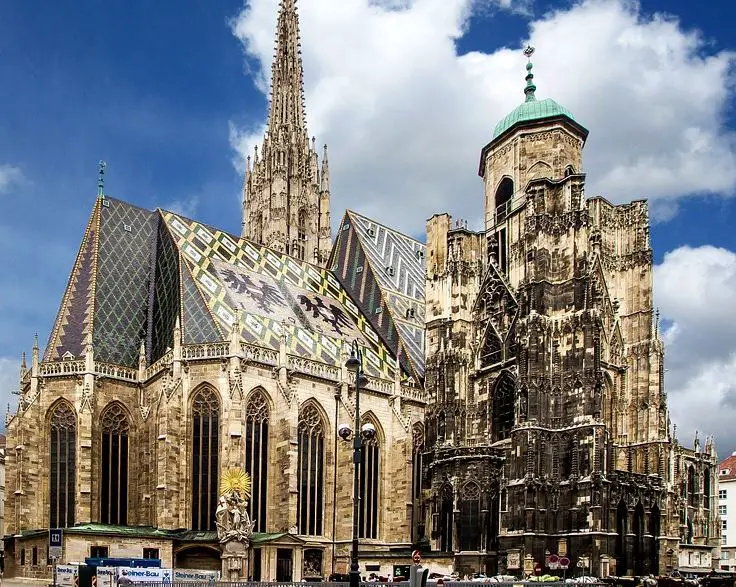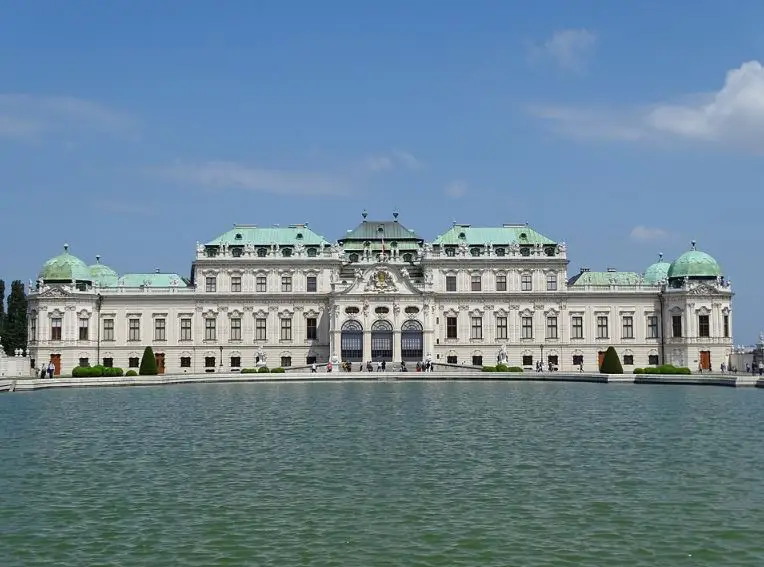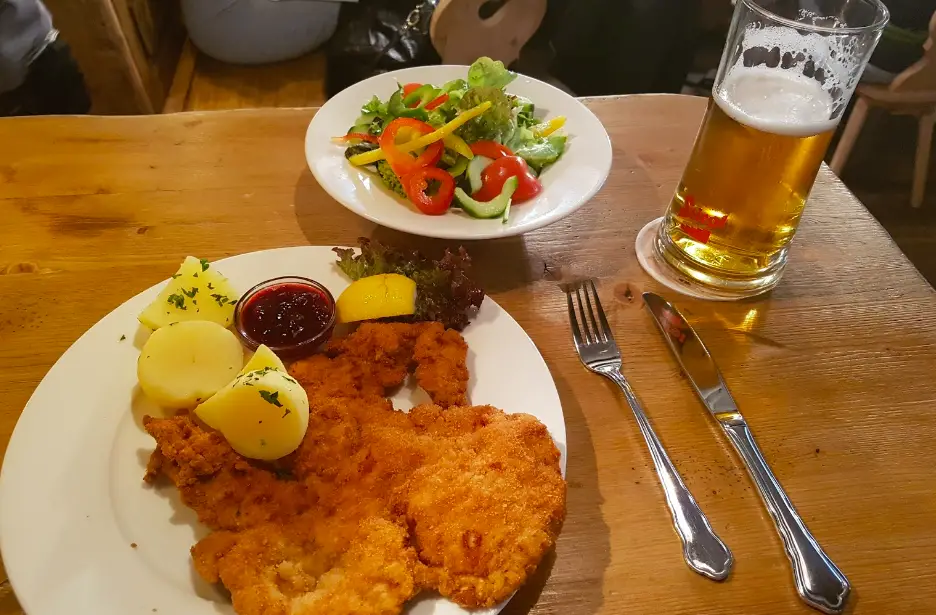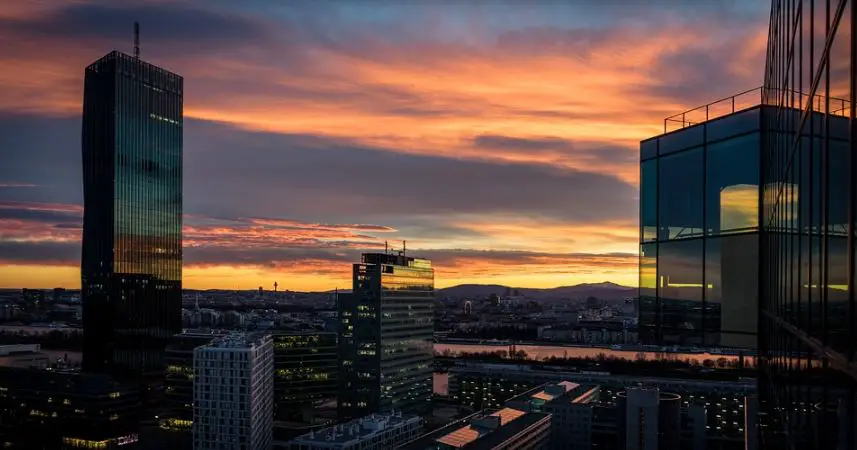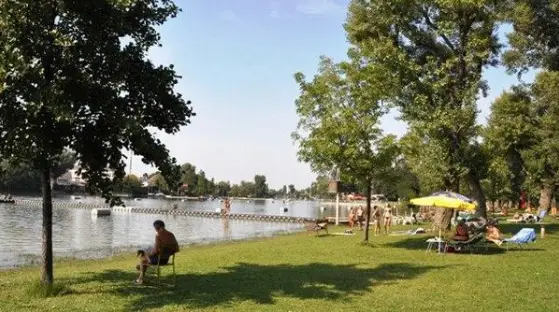What is the history behind Germany's historic theaters?
Post ByAdequate Travel
Summary
Germany is home to many of the world's most famous theaters, including the iconic Theater am Schiffbauerdamm in Berlin and the historic Prinzregententheater in Munich. But before the modern stages of these majestic venues were ever graced with the presence of actors, audiences, and plays, there was a long history of theatrical performances and development in Germany. In this blog, we’ll take a look back at the history of the German theater and explore how these popular theaters came to be.History of Germany's Historic Theaters
Germany has a rich history of theatrical traditions that dates back centuries. Here is a detailed explanation of the history behind Germany's historic theaters:
Ancient Theatrical Traditions
1. The origins of German theater can be traced back to ancient Greece and Rome, where dramatic performances were a significant part of cultural and religious festivals.
2. The Romans introduced theater to the region that is now modern-day Germany during their conquests in the first century BC.
Medieval Mystery Plays
1. In medieval times, theater in Germany primarily consisted of religious performances known as mystery plays or miracle plays.
2. These plays were performed in churches or town squares and depicted biblical stories and religious themes.
3. The Oberammergau Passion Play, first performed in 1634, is one of the most famous examples of medieval mystery plays still being performed today.
Renaissance and Baroque Theaters
1. With the arrival of the Renaissance in the 15th century, theater in Germany underwent a significant transformation.
2. The rise of humanism led to the establishment of court theaters, where plays were performed exclusively for the nobility.
3. Notable examples of Renaissance and Baroque theaters include the Semperoper in Dresden, built in 1838, and the Markgräfliches Opernhaus in Bayreuth, constructed in 1748.
Classical Theater and the Enlightenment
1. The late 18th and early 19th centuries saw the emergence of classical theater in Germany, influenced by the ideals of the Enlightenment.
2. Playwrights such as Johann Wolfgang von Goethe and Friedrich Schiller revolutionized German drama with their works.
3. The Weimar National Theatre, established in 1791, became a significant hub for classical theater in Germany.
19th-Century Expansion and Modernization
1. The 19th century witnessed a period of expansion and modernization in German theater.
2. Many cities, including Berlin, Munich, and Hamburg, built new theaters and opera houses to cater to the growing demand for cultural entertainment.
3. The Royal Court Theater in Berlin (now the Berlin State Opera) and the National Theatre in Munich are prominent examples of theaters that were constructed during this era.
20th Century and Beyond
1. The 20th century brought several significant developments in German theater, including expressionism, the Bauhaus movement, and political theater.
2. Many historic theaters in Germany suffered damage during World War II but were subsequently rebuilt and restored.
3. The Berliner Ensemble, founded by playwright Bertolt Brecht in 1949, is renowned for its contribution to modern theater in Germany.
4. Today, Germany continues to have a vibrant theater scene, showcasing a wide range of performances from traditional plays to innovative experimental productions.
Overall, Germany's historic theaters have played a crucial role in shaping the country's cultural heritage and remain an integral part of its artistic landscape.Suggested Questions
- Festung Königstein, Königstein: Horror Story, History & Paranomial Activities
- Schloss Favorite, Rastatt: Horror Story, History & Paranomial Activities
- Deutsches Hygiene-Museum, Dresden: Horror Story, History & Paranomial Activities
- Hameln Altstadt, Hamelin: Horror Story, History & Paranomial Activities
- Saalfeld Fairy Grottoes, Saalfeld: Horror Story, History & Paranomial Activities
- Schloss Moyland, Bedburg-Hau: Horror Story, History & Paranomial Activities


